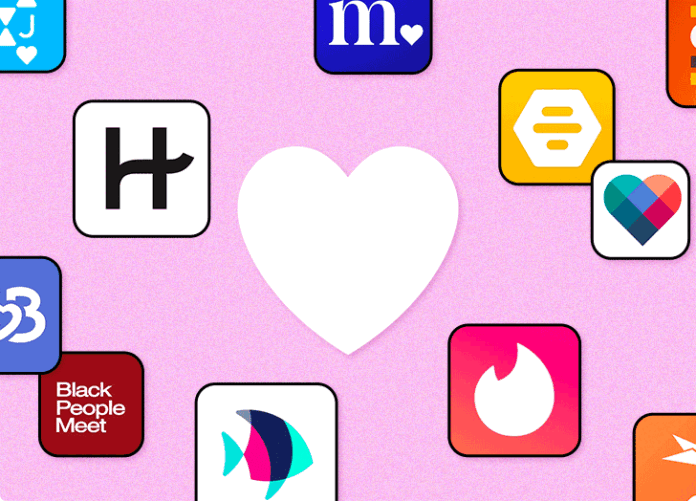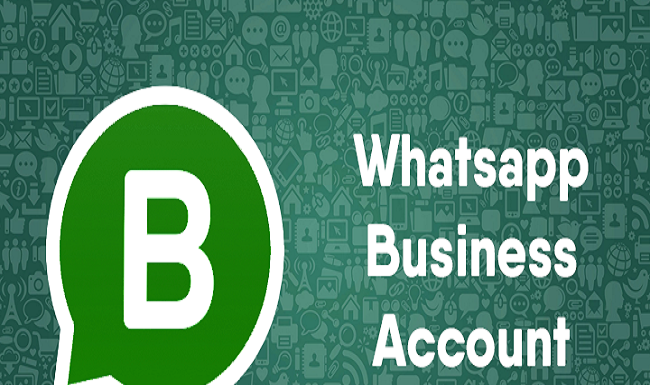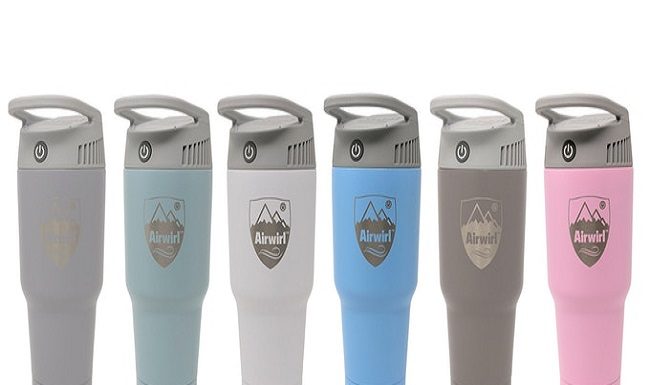Dating apps have become more data hungry and intrusive making it worse than ever for your privacy, according to a latest review by Mozilla Researchers.
More so they are not following great privacy practices and are collecting more data than ever in order to woo Gen Z users.
The organization said that When they reviewed dating apps for the first time back in 2021, they did not do well against their privacy and security criteria. This time, “our research shows they’ve gotten even worse for your privacy. And in 2024, the stakes are much higher.”
Out of 25 apps studied by the Mozilla organization, 22 of them were found wanting and labeled “ privacy not included .” Mozilla only gave Queer-owned and operated Lex a positive review, with Harmony and Happn getting a passable rating.
Dating apps claim the more personal data you share, the more likely you are to find love. But the researchers say “We have no way of knowing if that’s true. What we do know is that most dating apps fail spectacularly at protecting that information. “ Also “we learned that companies often take advantage of that and use your personal information for reasons unrelated to love. “
Mozilla said 80% of the apps may share or sell your personal data for advertising purposes.
Report has it that most popular dating platform, including Hinge, Tinder, OkCupid, Match, Plenty of Fish, BLK and BlackPeopleMeet, had precise geolocation from users. They have a rather misleading privacy policy that says they only collect your precise geolocation “with your consent” but the app won’t work without it. In order words , if you don’t like it you can leave” consent mode. Very tricky!
The report noted that apps like Bumble have murky privacy clauses that might sell your data to advertisers.
“We use services that help improve marketing campaigns . . . Under certain privacy laws, this may be considered selling or sharing your personal information with our marketing partners,” an in-app popup says, as noted by Mozilla.
Every single dating app collects a significant amount of data from users upon registration, claims these data are collected to find better matches for their users. However, sadly, these data end up with data brokers .
Last year, The Washington Post reported that a U.S.-based Catholic group bought data from Grindr to monitor some members.
How do you even consider risking your data and money since these platforms aren’t free .
? However, users are beginning to realize that they have to be more careful on the dating apps and that has resulted to a decline in the overall usage of the apps, according to the report.













































